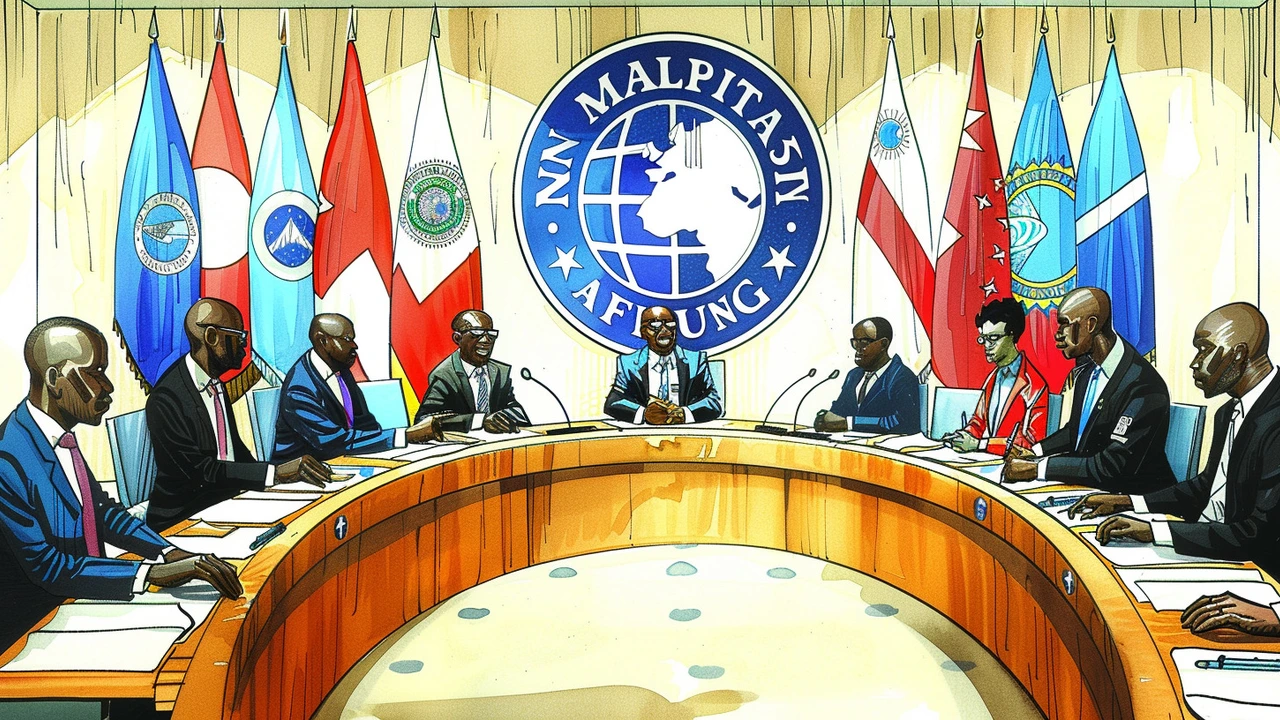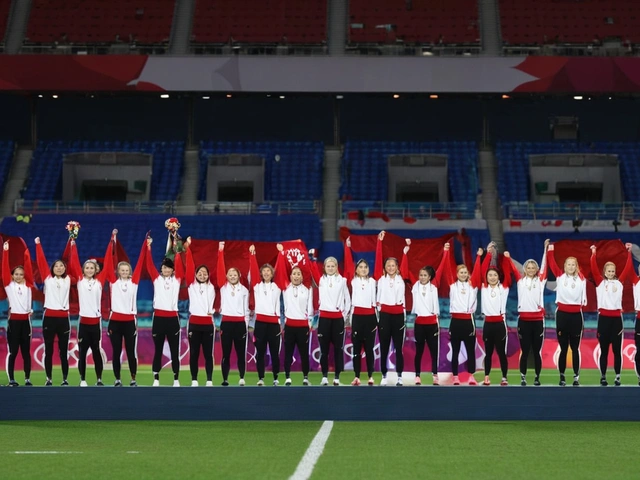IMF: What Africans Need to Know Right Now
The IMF shows up in headlines a lot. But what does an IMF program, loan, or policy review actually mean for people on the ground? This tag collects clear, practical pieces that cut through jargon and explain how IMF decisions affect jobs, prices, public services and national budgets across Africa.
When you read a story about the IMF, ask three quick questions: How much money? What are the conditions? What’s the timeline? Those answers tell you whether the deal will ease a short-term cash crunch, force tough spending cuts, or push long-term reforms like tax changes or privatizations.
How IMF decisions affect everyday life
IMF deals often aim to stabilize a country’s finances. That can help stop runaway inflation or restore investor confidence — good for businesses and savers. But stabilization can also mean subsidy cuts, wage freezes, or higher fuel and food prices at first. Expect a mix: short-term pain sometimes, and possible long-term gains if growth returns and debt becomes manageable.
IMF terms you’ll see in coverage: “conditionality” (rules a country agrees to), “tranche” (a portion of the loan released after milestones), “debt sustainability analysis” (assessment of whether debt can be paid back), and “Article IV” (the IMF’s regular health-check of an economy). When we report, we explain these simply so you know which parts matter for citizens.
How to follow IMF news on Continental Scout Daily
Use this tag to see all our IMF stories in one place. We do three things to make coverage useful: quick explainers for non-experts, local impact stories that show what reforms mean for schools, hospitals and markets, and deeper analyses on debt, currency policy and growth prospects. Want alerts? Subscribe to our newsletter or follow our social channels—links are at the top of the site.
Here are practical signs to watch when a new IMF story breaks: look for the loan amount, the list of required reforms, whether the IMF board has approved the deal, and whether the government has a clear timetable. Check who benefits and who could face hardship. We flag those points so you don’t have to hunt through dense reports.
If you want context for a specific country, search this tag plus the country name. We link to IMF documents and explain technical terms in plain language. Have a question about a specific IMF program? Send us a tip or comment on the story and we’ll follow up with on-the-ground reporting.
IMF coverage can sound distant, but its decisions ripple into markets, public services and household budgets. Follow this tag for clear, timely explanations that help you understand the real effects and hold leaders accountable for the choices they make with international money on the table.
The article delves into the IMF's significant role in shaping Kenya's Finance Bill 2024, discussing the controversial tax measures and their impacts on the country's economy. Critics argue that these policies may lead to higher prices for essential goods and services, affecting the cost of living and job security amid efforts to comply with the IMF Programme till 2025.






